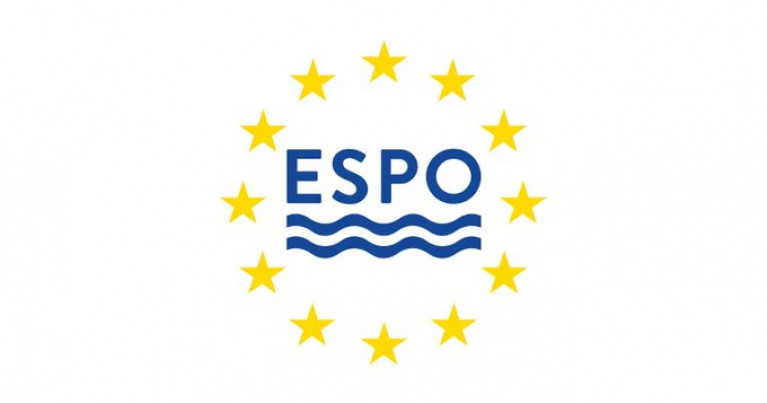Displaying items by tag: EPTRAN
Ports in Europe Welcome EP-TRAN Efforts to Solve Risk of Carbon and Business Leakage
The European Parliament Committee for Transport and Tourism (TRAN) yesterday adopted the draft opinion of MEP Novakov on the Commission proposal to bring the maritime sector into the EU Emission Trading System (ETS).
The European Sea Ports Organisation (ESPO) welcomes the TRAN opinion’s clear recognition of the risks of carbon and business leakage that will occur if ships are able to avoid the regional EU ETS in different ways.
Europe’s ports are in favour of the inclusion of shipping in the EU ETS, but fear however that the current Commission proposal will lead to serious carbon leakage through rerouting of ships outside of the ETS scope, creating adverse effects on emission reductions and a negative impact on European port business.
The risk of evasive practices by ships must be better assessed and addressed in order to develop effective solutions that prevent carbon and business leakage. European ports therefore welcome the efforts made in the adopted TRAN opinion to find solutions to the threat of carbon and business leakage.
“The greening of the shipping sector remains a top priority for Europe’s ports. Putting a price tag on emissions can certainly help in stimulating the greening efforts. But this measure will not deliver if ships can reroute outside the scope of ETS. This rerouting is a real risk and must be avoided. In addition to the carbon leakage such rerouting will create, it could deal a death blow to certain strategic European ports at a time when these ports are needed more than ever before. It is very reassuring that the Transport Committee understands this issue and tries to find a solution. We hope the TRAN Committee’s position will be taken into account by the ENVI Committee,” says Isabelle Ryckbost, ESPO Secretary General.
ESPO calls for the ENVI Committee to more clearly consider and address carbon and business leakage in the forthcoming report by MEP Peter Liese. Specifically, European ports supports a dedicated ex ante impact assessment on the risk of evasion and its impact on maritime and ports.
Based on the findings of such an impact assessment, specific preventive measures should be introduced to make it less attractive for ships to change their routes, divert calls, or engage in other evasive behaviour in order to avoid paying into the EU ETS. Such measures would be in line with the polluter pays principle, and are a precondition for an effective maritime ETS.
More work is needed to ensure that the maritime EU ETS delivers the greening of shipping, whilst safeguarding the competitiveness of the European maritime sector and ports.
European ports look forward to helping policymakers find solutions to the issue of carbon and business leakage to deliver an effective maritime ETS.




























































